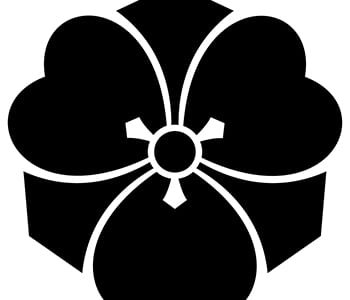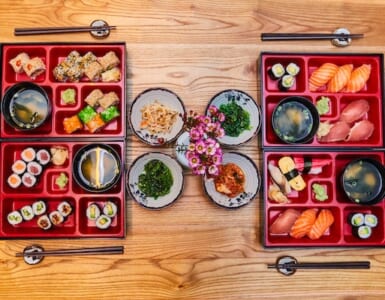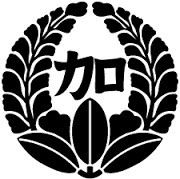The Japanese honorific suffix is something you learn first and use every day when you learn Japanese. They can be confusing, but it’s easy to learn the basics. They reflect the Japanese culture and knowing and using them makes you immerse in the Japanese community pretty easily.
1. San: Sir/Madam – Japanese Honorific Suffix
If you don’t know any other honorific suffix, remembering this can get you through most of the situation you would encounter in Japan.
Just like any language and culture, people respect you if you show your respect to others starting with calling them with the honorific suffix.
When you see someone for the first time, it is an absolute must to call him/her with the honorific suffix.
The interesting thing is, even after you made friends with them, you still call them with the honorific suffix when you mention them to others. Of course, there will be exceptions among really close friendships.
Japanese Surnames: Top 10 Ranking, Origin, and its Meanings
You might think people would call their teachers the same way. Yes, you can, but usually, they use “Sensei” which means literally “Teacher”. So you put “Sensei” after their family name which goes like this: Yamada-
Examples: You can definitely use this suffix to your co-workers at the office Tanaka-
Usually, Japanese people call their dad and mom like “Oto-
- Ni-
san : older brother (Oni-san is a more polite waywtih the prefix “O” which shows the respect) - Ne-
san : older sister (One-san is amore polite way with the same reason above) -
Ten’in –san : shop clerk -
Untenshu –san : driver -
Hisho –san : secretary
2. Sama : The Superlative Version of “San” – Japanese Honorific Suffix

You may have heard “Kami-sama” (can be translated as “dear god“), “Okyaku-sama” (dear customer), and “Mina-sama” (dear everyone).
Showing gratitude
Not just for names of the people or deity, “
Otsukare-sama
Perhaps this is the one you hear it every day specifically if you work at the office. It can mean a lot of things like “Good to see you!” “You’ve done a great job.” “Goodbye”,
Gochiso-sama
This is yet another frequent expression you would hear in specifically in a dining situation. When people start eating, they say “Itadakimasu” expressing their attitude for the food and the cook who prepared it, the truck driver and farmer, soil, water, sun… etc. Then after they finish their meal, they would say “Gochiso-sama” or “Gochiso-sama Deshita” (the latter on is a
3. Kun : Used for Boys

People call a boy with the honorific suffix “Kun”. You may hear it some senior at the office, call young women this way as well. It’s not supposed to be rude but can sound a little odd these days. As long as you talk to teenage boys with”Kun”, you play it right.
4. Chan : Used for Girls

Basically, it’s for teenage girls. You call a girl with this suffix, but interestingly enough, you can use this suffix for adults, too. It expresses the intimate friendship. It is used more widely than “Kun” as you might hear it very often. You can call your favorite friend with a combination of his/her family name. Example: family name, Yamada, can be called “Yama-
How do you call your dad, mom, or friends in your language? Any suffix? Co-workers, seniors, juniors…? If you are in Japan or have Japanese friends, how do they call you? Let us know in the comment section!









Add comment